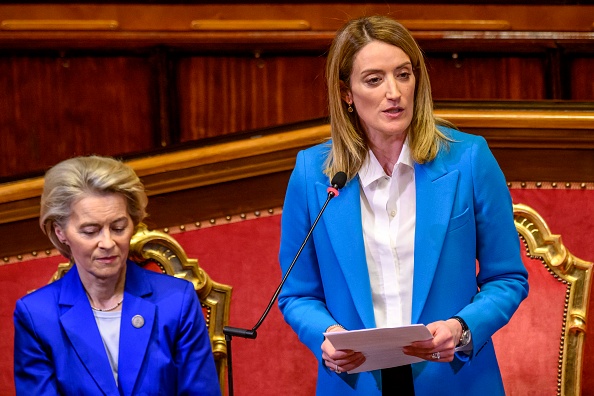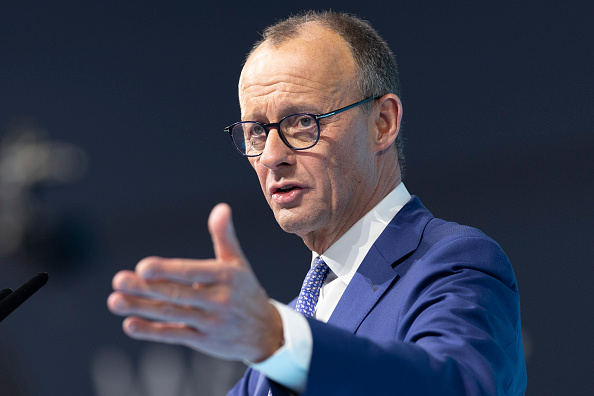In some of the first filings under the European Union’s Digital Services Act (DSA), the WhatsApp messenger service has topped the key threshold of 45 million users required to come under tougher EU rules as a Very Large Online Platform (VLOP).
Meanwhile, of the four largest porn sites – Pornhub, Xvideos, StripChat and XNXX – only XNXX has remained a VLOP, with each adult video platform recording a drop in users from six months ago.
VLOPs faced additional requirements to show the European Commission they conducted additional risk assessments and mitigated risks found, including in protecting minors.
XNXX has cast doubt on the accuracy of any of the adult websites’ actual numbers. It said that since reporting requirements came into force in February 2023 “we could only speculate” on the user figures.
That was “due to the large proportion of people visiting with ‘incognito’ browsers”, said the website.
“Incognito users are normally undetectable, and repeated visits from them would be counted as extra visitors, meaning we would have had to guess a number ranging from roughly one to triple,” it added.
This suggested to experts that websites had a fair amount of discretion in determining their user numbers – and whether they would ultimately choose numbers higher or lower than 45 million.
Neither Xvideos nor Pornhub would now need to comply with the VLOP requirements based on these numbers.
The VLOP list’s chief new arrival was Meta-owned WhatsApp, which averaged “approximately 46.8 million” monthly EU users in its open channels in the second half of 2024, according to its February 14 filing.
This number did not include users of its core messaging feature, the platform said.
“WhatsApp has published user numbers above the threshold for designation as a Very Large Online Platform under the Digital Services Act,” EC spokesperson Thomas Regnier confirmed in a statement on February 18.
VLOPs have to give users ways to report illegal content and offer ways to remove these posts. They also face stricter requirements on the information they use for targeting advertising and on adverts targeting children.
Platforms designated as VLOPs also would face fines of up to 6 per cent of their annual global sales if the EC judged they did not comply.
In another development linked to the DSA compliance deadline, on February 18 Apple announced to developers it was removing from the EU App Store all apps that had not yet complied with the DSA by that day.
As a result, almost 135,000 apps went inactive, said app intelligence provider Appfigures.
The EU law has disproportionately affected smaller and independent app developers, who may not do app development as their full time job, according to US news site TechCrunch on February 18.
Some observers have said smaller developers, many of them working from home, have been less likely to list a physical address and telephone numbers for dealing with consumer complaints or inquiries.
That has meant they have likely fallen foul of the DSA and faced removal from the App Store.
Some smaller developers have also needed to use co-working spaces, virtual telephone numbers and post office boxes to comply with the EU law (and remain in the App Store), while maintaining some privacy about their home addresses, it was said.
It was noted that these costs, driven by the DSA, now added to the expense of being a small-scale developer in the EU but were relatively easier for corporate developers to bear.





